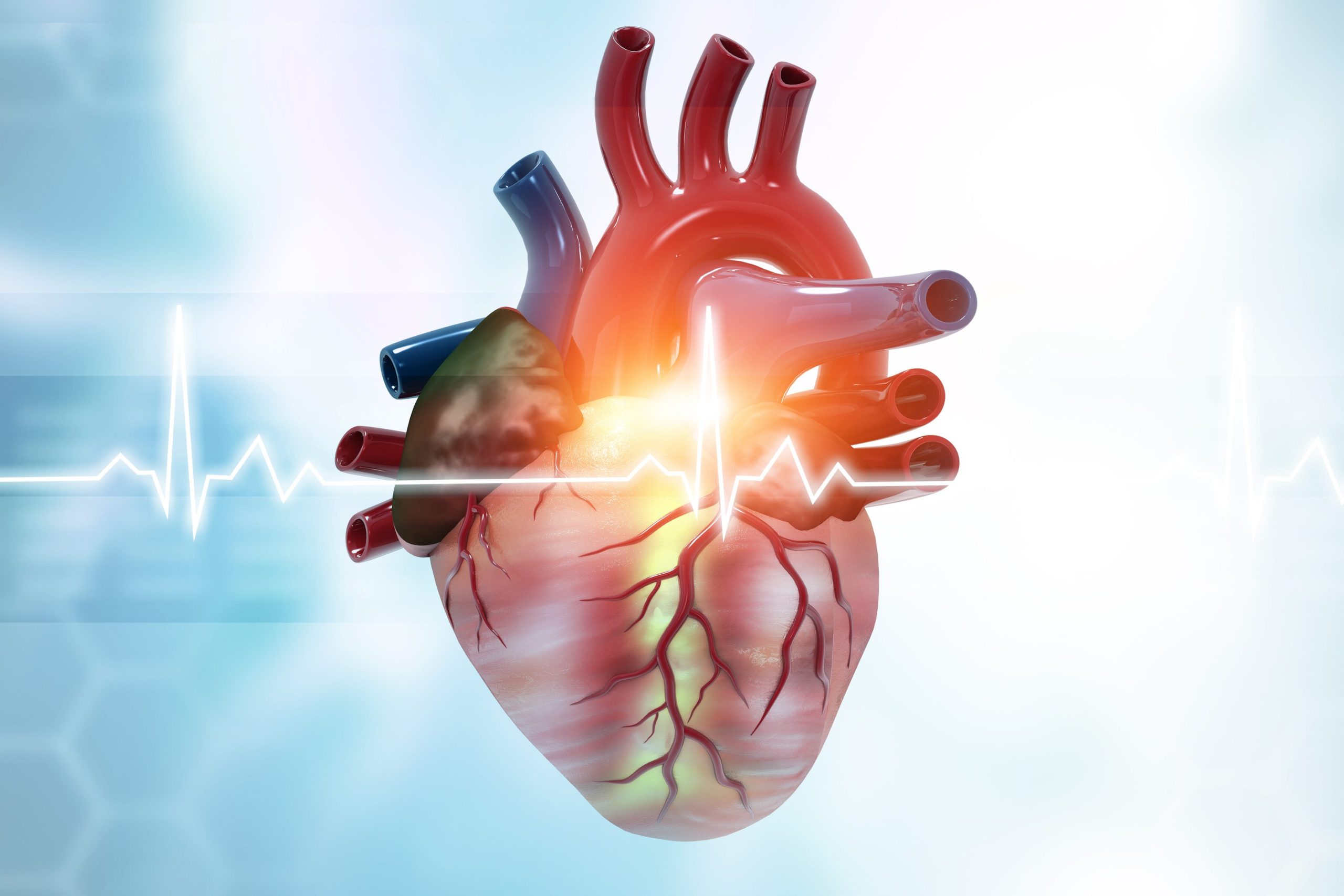What are the Signs and Symptoms of Cariogenic Shock?

Cardiogenic shock occurs when the heart has been damaged to the point that it is no longer capable of supplying enough blood and oxygen to the body’s organs. This has the potential to be a serious medical condition that can lead to many health issues and even death. Below, you’ll learn more about cardiogenic shock including signs and symptoms to watch out for.
Why Does Cardiogenic Shock Occur?
The most common causes of cardiogenic shock are serious heart conditions. These could occur during or after a heart attack, for example. When this occurs, a portion of the heart muscle may no longer move properly, or not at all. Damage from a heart attack might also cause a rupture in the heart muscle.
Pressure on the heart, tears of muscles or tendons that support heart valves, ruptures in the wall between the left and right ventricles, and slow or erratic heart rhythms could cause the progression of cardiogenic shock, as well.
Specific Medical Complications That Can Lead to Cardiogenic Shock
- Valvular disease
- Myocarditis
- Severe Cardiac Arrhythmias
- Heart Attacks and Heart Failure
- Pulmonary embolism
- Cardiac tamponade
- Electrolyte imbalances
- Drug overdoses
- Sepsis
- Trauma,
- Severe Bleeding
Understanding Progression of Cardiogenic Shock and Criteria
Cardiogenic shock progresses through four stages—initial, compensatory, progressive, and refractory.
In the initial stage, the heart output is diminished, but there aren’t any clinical symptoms that would necessarily be noticed. When it moves to the compensatory stage, the body responds to the decreased cardio output and essentially starts to change the blood pressure in the body. This can start to cause a host of issues in the body.
Next comes the progressive stage if there is no intervention to help the blood pressure return to normal, get healthier, and reverse the problem. At this stage, the heart is under increased demand, which can lead to metabolic acidosis and fluid leakage from the capillaries. This can cause clotting in the capillaries and tissue death. Cardiac output is further reduced at this stage and will eventually lead to the refractory stage if there is no intervention. The chance of survival when cardiogenic shock gets to this stage is limited.
At this stage, there are also often other complications that arise, which can make treatment even more difficult. Some of these complications include organ failure, stroke, and cardiopulmonary arrest.
Cardiogenic Shock: Examples of Symptoms
If you or a loved one is suffering from cardiogenic shock, you will want to be aware of some of the most common signs. If you feel any of these issues, you must get in touch with your doctor right away. Often, going to the emergency room is the best course of action when dealing with any type of heart issue, even if you may not think it is serious.
Some Of the Most Common Signs And Symptoms Include:
- Pressure or pain in the chest
- Heavy, increased sweating
- Moist, clammy skin
- Skin that is cool to the touch
- Fast breathing
- Elevated pulse or a weak pulse
- Restlessness
- Agitation
- Lightheadedness
- Trouble concentrating or confusion
- Not being alert
- Blotchy skin or pale skin
- Shortness of breath
- Less than normal urination (or no urination at all)
- Nausea/vomiting
- Loss of consciousness
As mentioned above, these are serious issues, and you will want to have them checked out by a medical practitioner sooner rather than later. Even if a patient isn’t in any of the stages of cardiogenic shock, it is always better to have the help and guidance of a professional, who can perform exams and tests to get to the root of the problem.
What Sorts of Tests Are Administered for Diagnosis?
Some of the types of tests that may be administered as a means to diagnose cardiogenic shock include chest x-rays, cardiac catheterization, coronary angiography, echocardiograms, electrocardiograms, and nuclear scans of the heart.
Lab tests may be ordered, as well, to determine the problem with the heart. These tests could include a complete blood count, blood chemistry, and checking arterial blood gas, for example.
Treatment for Cardiogenic Shock
It is important to understand that cardiogenic shock is a medical emergency. Patients will need to stay in the hospital while the doctors attempt to find and treat the cause, so they can help to save their life.
Some of these treatments might include various medicine meant to improve heart function and increase blood pressure. Medicines like vasopressin, epinephrine, and dopamine could help in the short term. Other treatments, such as pacemakers, ventricular assist devices, surgery, and heart monitoring may be required, as well.
Whenever you or a loved one has any health issues, such as those described above, make it a point to get in touch with a doctor as soon as possible.
Cardiovascular Research and Training Institute (CVRTI)
Researchers at the CVRTI use a multidisciplinary approach to study every aspect of cardiogenic shock from the cell to the bedside. We have Investigators who study the cell response to lack of oxygen (Chaudhuri, Hoareau, Lesniewski, Palatinus, Selzmen) and ways to preserve heart tissue when blood flow is compromised in cardiogenic shock. Individual cells are injured when blood flow is lost and receive additional injury when blood flow is restored (termed reperfusion injury) (Hoareau, Shaw). Keeping individual cells alive in the setting of shock is critical to patient survival. On the other end of the spectrum, our investigators study methods of maintaining the normal heart rhythm as abnormal heart rhythms a can contribute to cardiogenic shock (Aromolaran, Dosdall, MacLeod, Ranjan, Shaw, Tristani). Our investigators have access to heart tissue from patients who have received heart transplants for cardiogenic shock to study changes in proteins and molecular signals in response to this condition (Drakos, Hong, Shaw).


